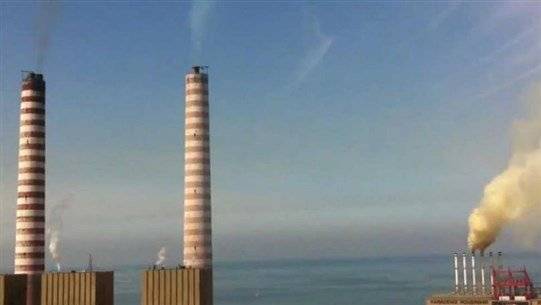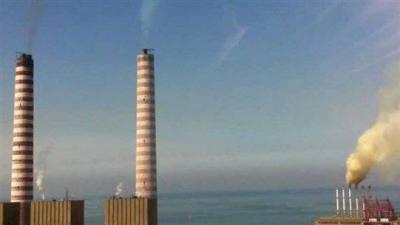Theoretically, there are no political or technical barriers preventing the Iranian fuel from reaching Lebanon through a swap process that provides fuel matching the specifications of Lebanon's power plants. Also theoretically, the first operational steps to implement this project are the formal procedures awaiting the return of caretaker Prime Minister Najib Mikati to Beirut to sign the administrative transactions for accepting the Iranian grant, with the next step being the shipment of fuel.
Observers say that the officials in Tehran were clear in affirming that the fuel they would supply is a grant, despite some Iranian officials creating confusion in the media during the visit of the Lebanese technical delegation led by the Director General of Oil, Aurelle Fghali. They point out that the Minister of Energy in the caretaker government, Walid Fayyad, consulted with the U.S. authorities to ensure that this process would not expose Lebanon to sanctions under the Caesar Act, which is why the technical delegation engaged in extensive discussions after Lebanon provided a list of specifications for the fuel and gas that could be used in production plants.
When it became apparent that the fuel offered by the Iranians did not meet the specifications, discussions moved to the possibility of conducting a swap to secure fuel and gas that conform to Lebanese plant specifications, similar to the exchange deal Lebanon has with Iraq to secure fuel. Notably, Iranian officials seemed unaware of the mechanism defined in the agreement between Lebanon and Iraq concerning fuel procurement, specifically the swapping process. When the delegation explained the details of this process, they expressed readiness to engage in it and informed Lebanese officials that they could secure global companies to carry out the swap, which is a common practice in the global oil market, according to those following the matter. Therefore, there is no obstacle at all to the exchange process.
As for the expected quantity to arrive, sources note that Lebanese authorities had requested around 1 million to 1.2 million tons of fuel, but the Iranians limited the grant to 600,000 tons distributed over five months, averaging 120,000 tons per month. They indicated that the quantity would depend on the global fuel price and the quality of the fuel provided by Iran, with the specifications set before the Lebanese delegation for the fuel to be sent by Iranian authorities suggesting that, after accounting for the shipping costs favoring the company handling the swap, it could suffice for four to six hours of feeding.
Thus, the Lebanese Ministry of Energy remains silent, waiting firstly for the formal signing of the agreement and secondly to confirm the quality of the fuel Iran will provide, to take further action. The technical delegation learned from Iranian officials of their willingness to ensure the first shipment within a few days, but the delegation's reference to the need for administrative and official procedures is what postponed the export date.
Meanwhile, official sources state that the agreement with the Iraqi authorities remains in effect, and Iraqi officials have repeatedly confirmed their commitment to support Lebanon by securing fuel through an extension of the exchange contract. The Lebanese Ministry of Energy is supposed to coordinate with its Iraqi counterpart to follow up on the technical procedures regarding the quantities to be sent and how to begin settling the first payments due since the beginning of September.
Concurrently, the decision to raise electricity tariffs remains on the desk of Finance Minister Yusuf Khalil, who is being slow in studying and reviewing it, implying he is not enthusiastic about adding his signature to that of Energy Minister Walid Fayyad. The decision taken by the Board of Directors of Electricité du Liban during its meeting on August 5, 2022, involves an increase of about 10 cents per kilowatt-hour, calculated based on the exchange rate on the Sayrafa platform, to ensure the financial balance of the institution. The average sale price of electricity is expected to be about 27 cents per kilowatt-hour, to be calculated based on the exchange rate on the Sayrafa platform, pending approval by the Cabinet, the Ministry of Energy and Water, and the Ministry of Finance. The tariff will be adjusted every month or two according to the average price on the Sayrafa platform and according to the actual production costs based on the global oil price (according to the price per barrel of oil), with a correction factor for the prices of fuel oil and gas oil compared to the Brent oil price per ton if necessary, based on the average of the previous month or two.




